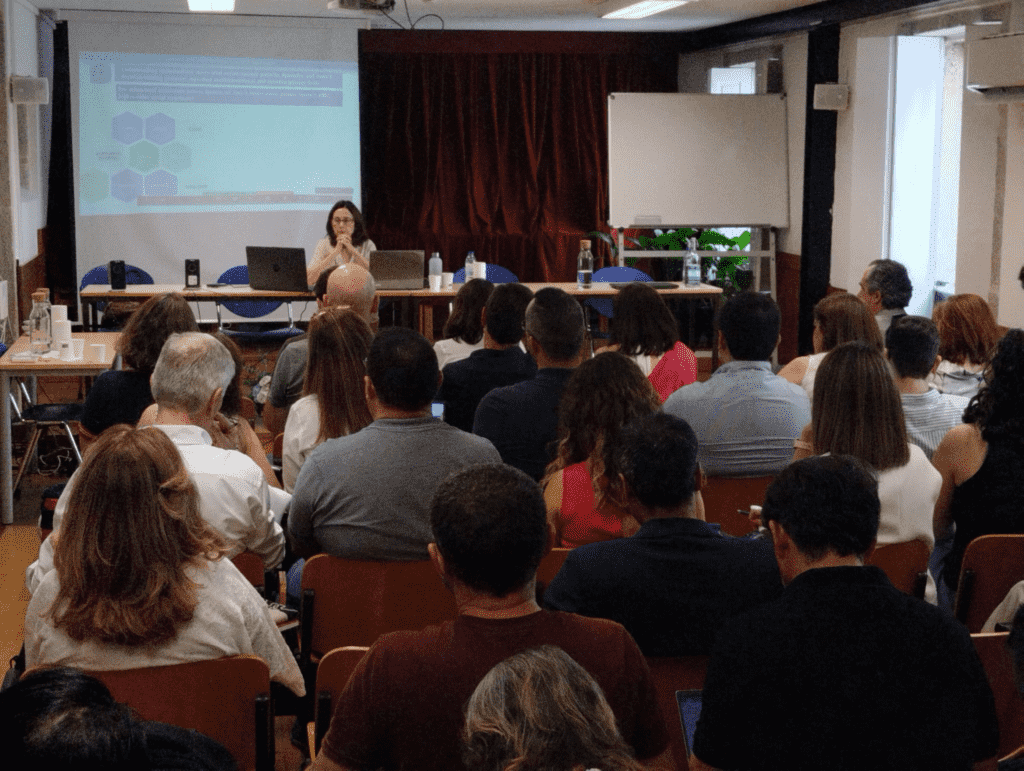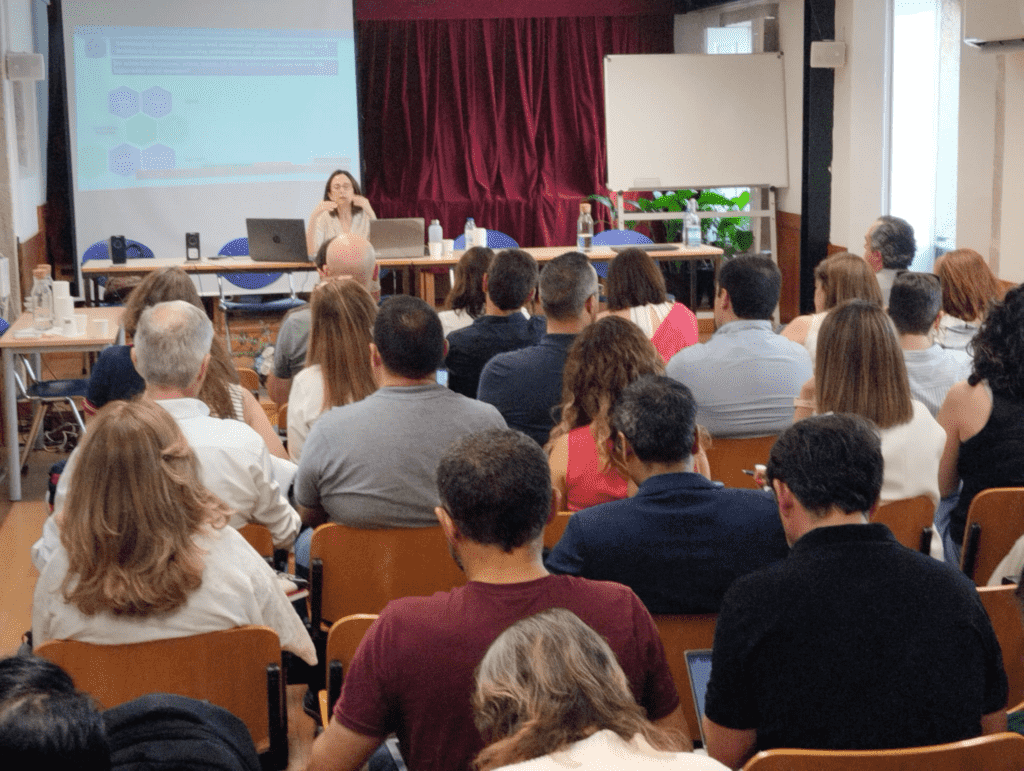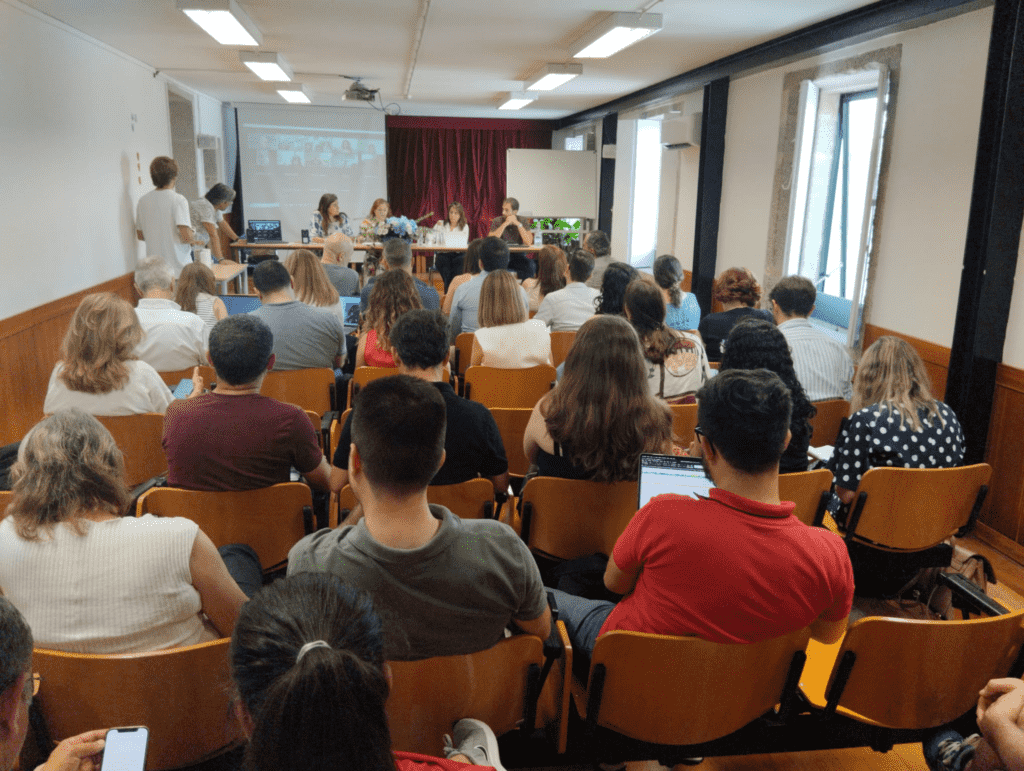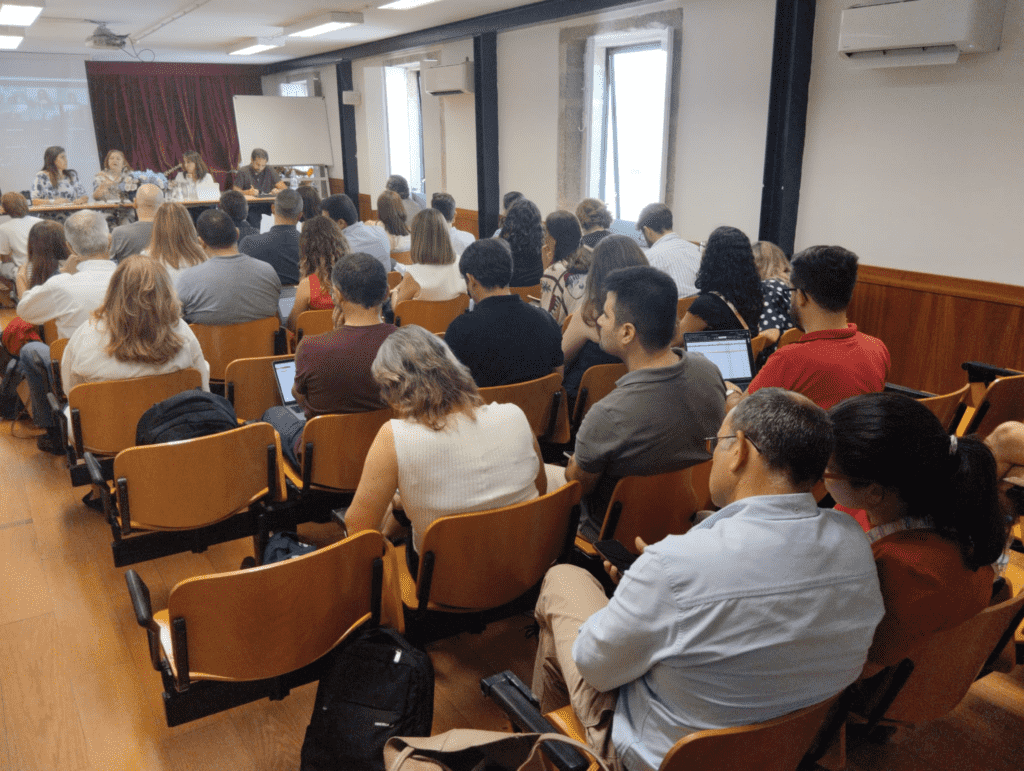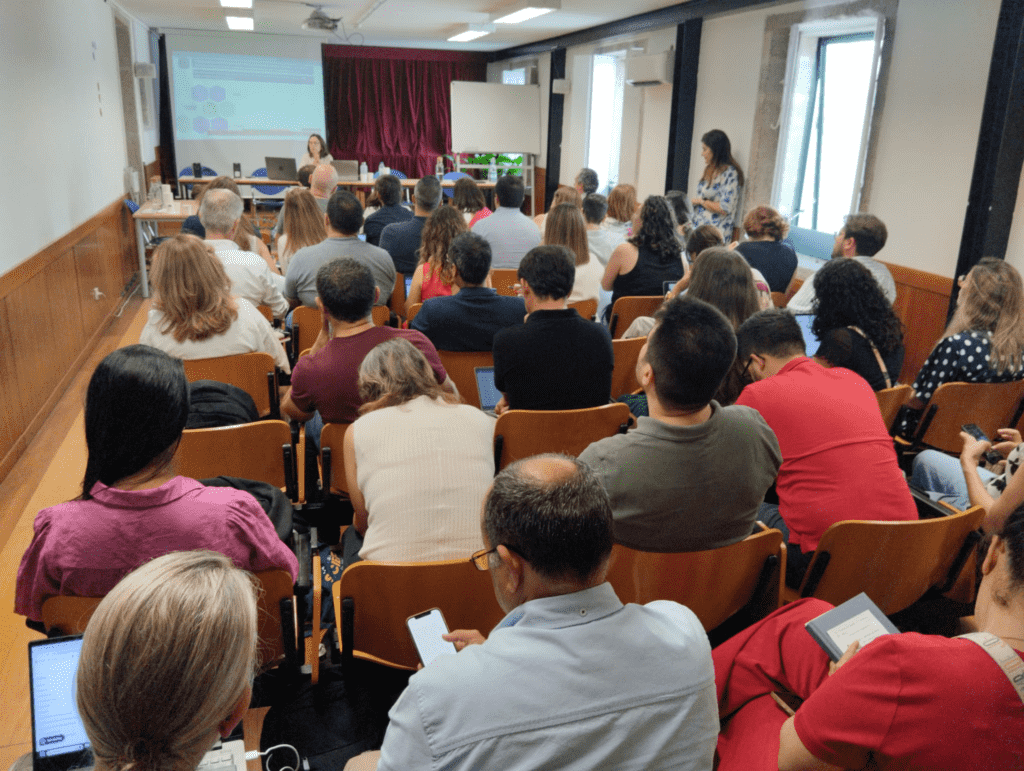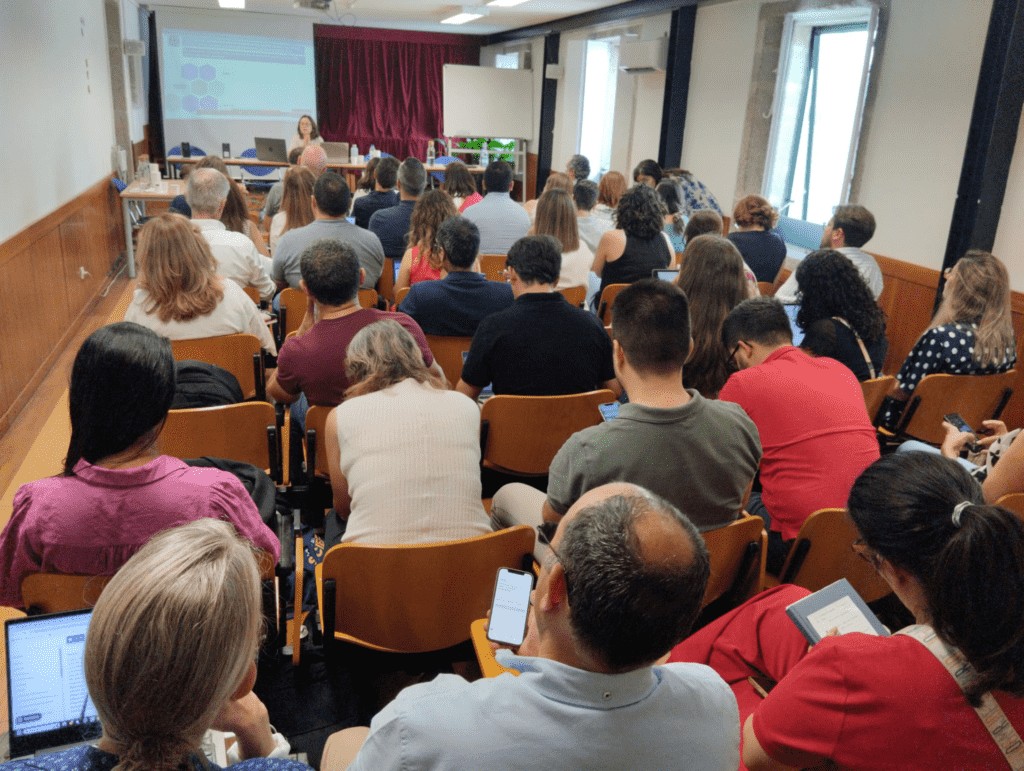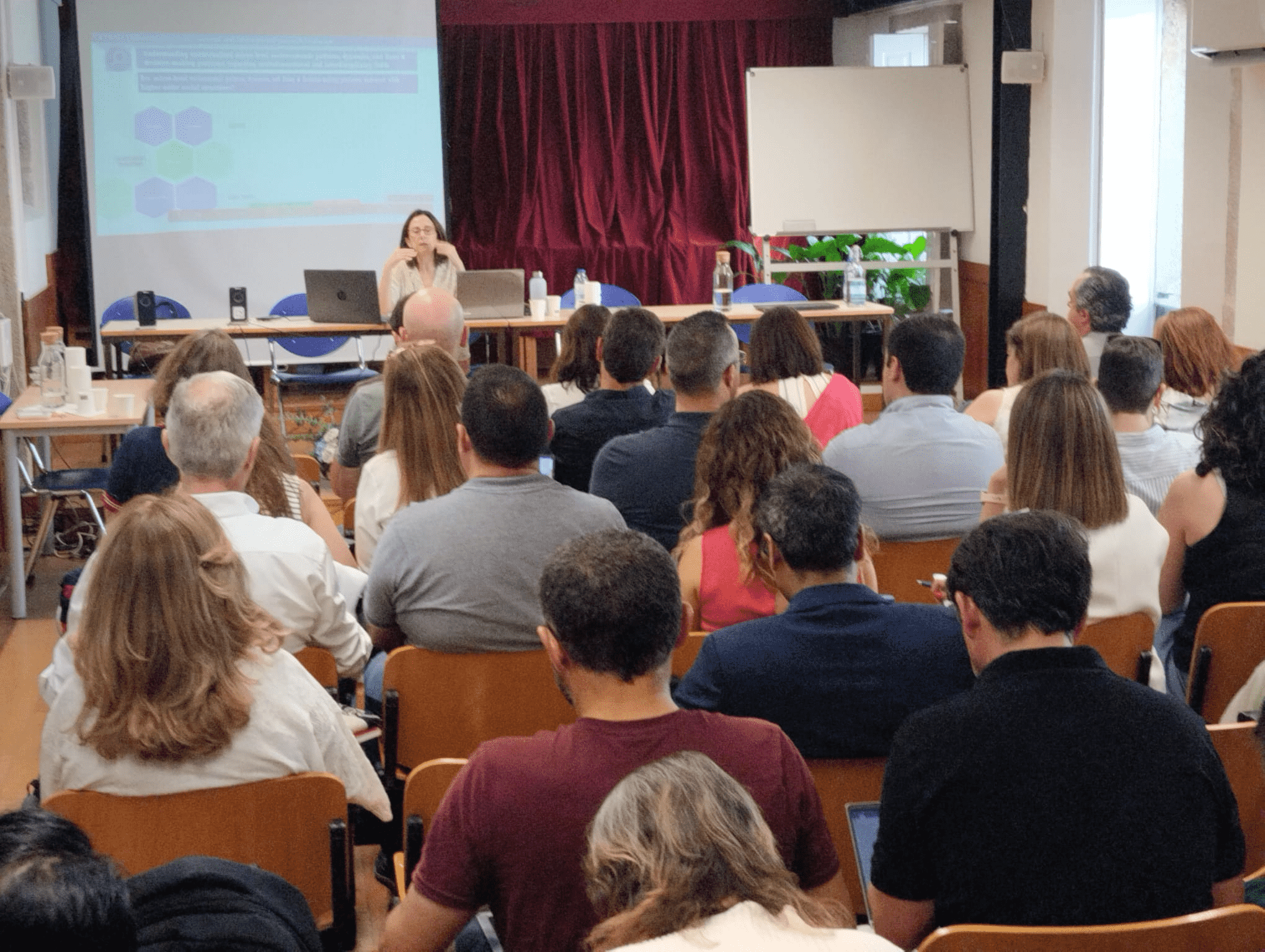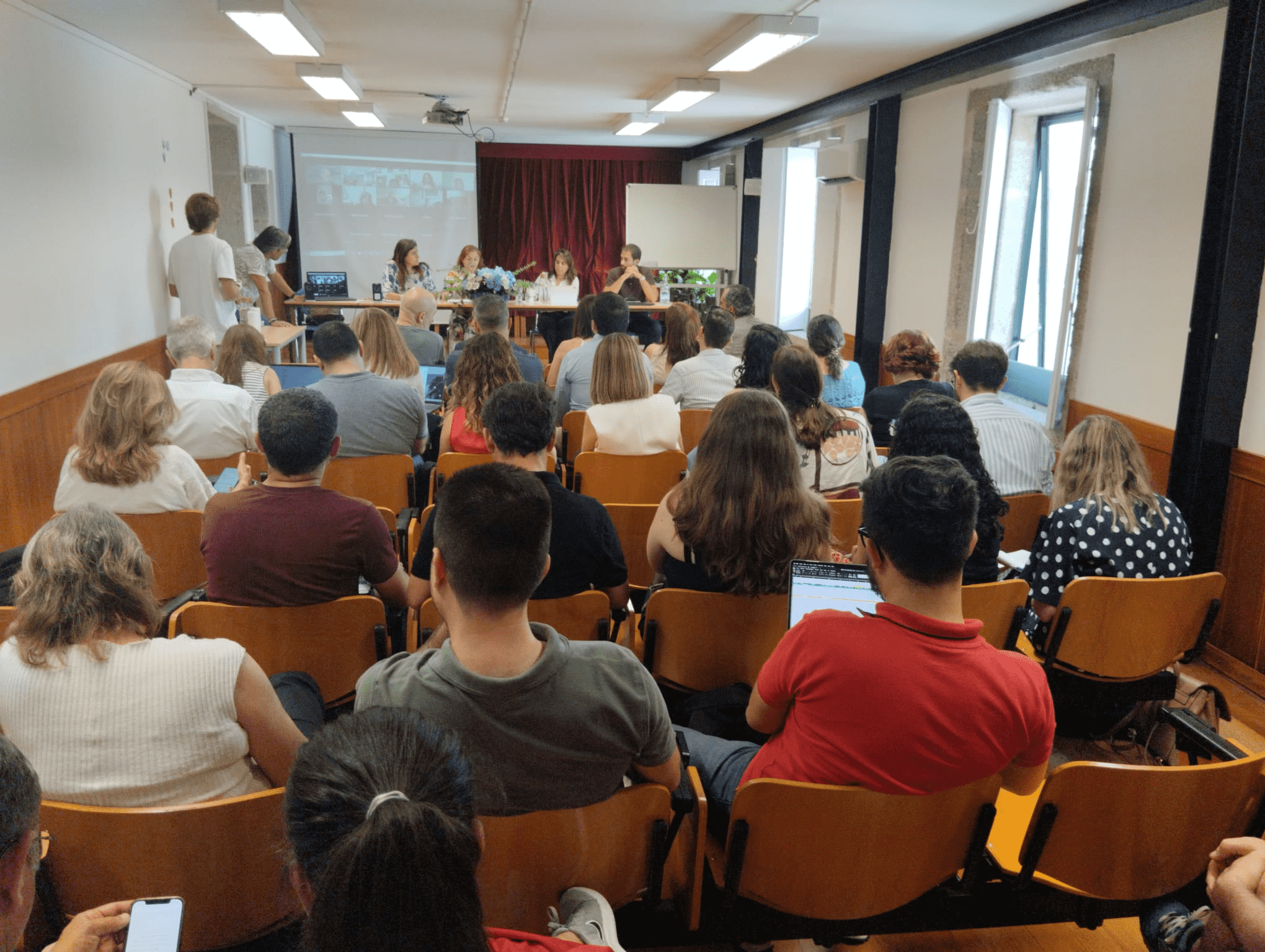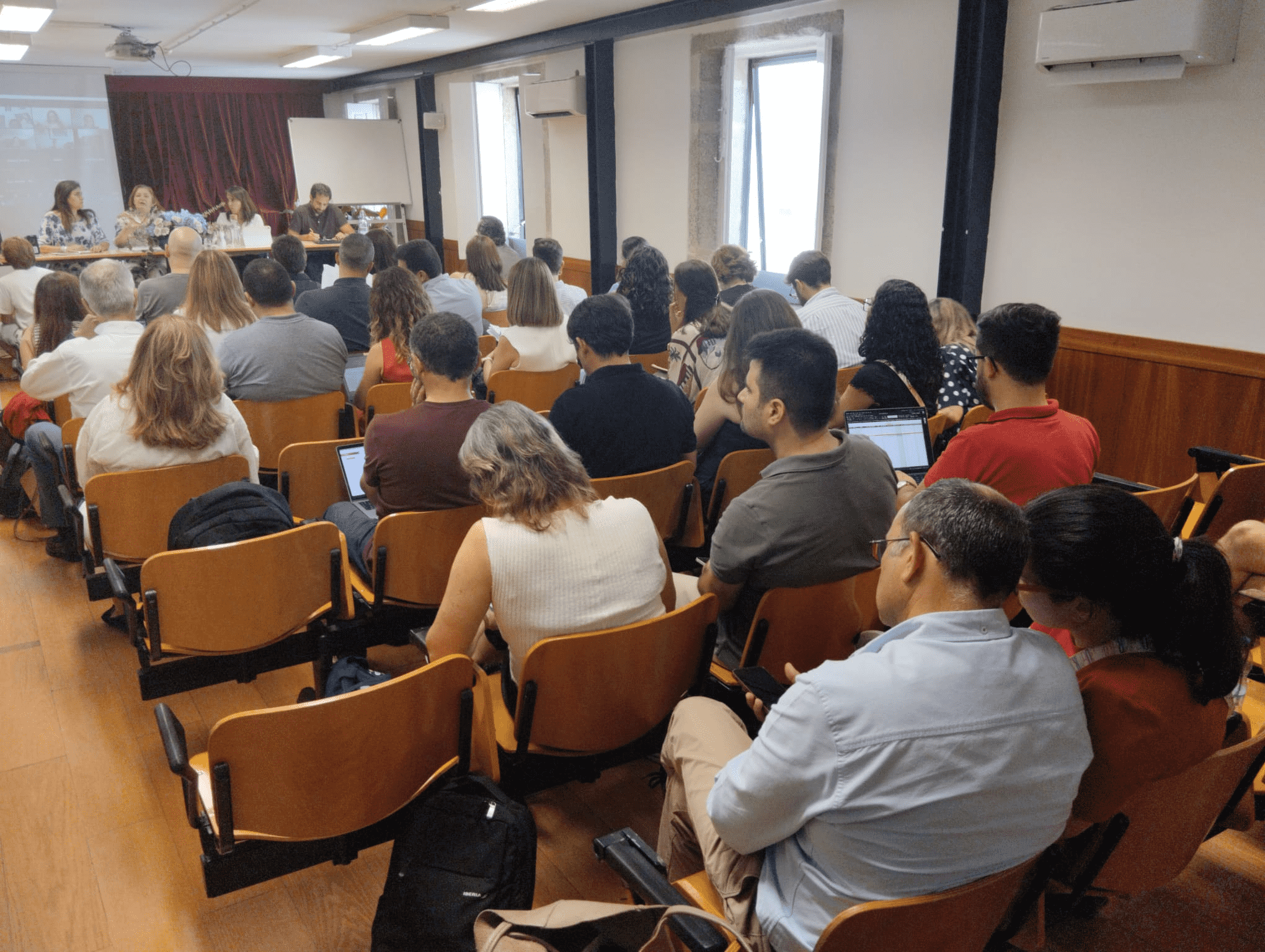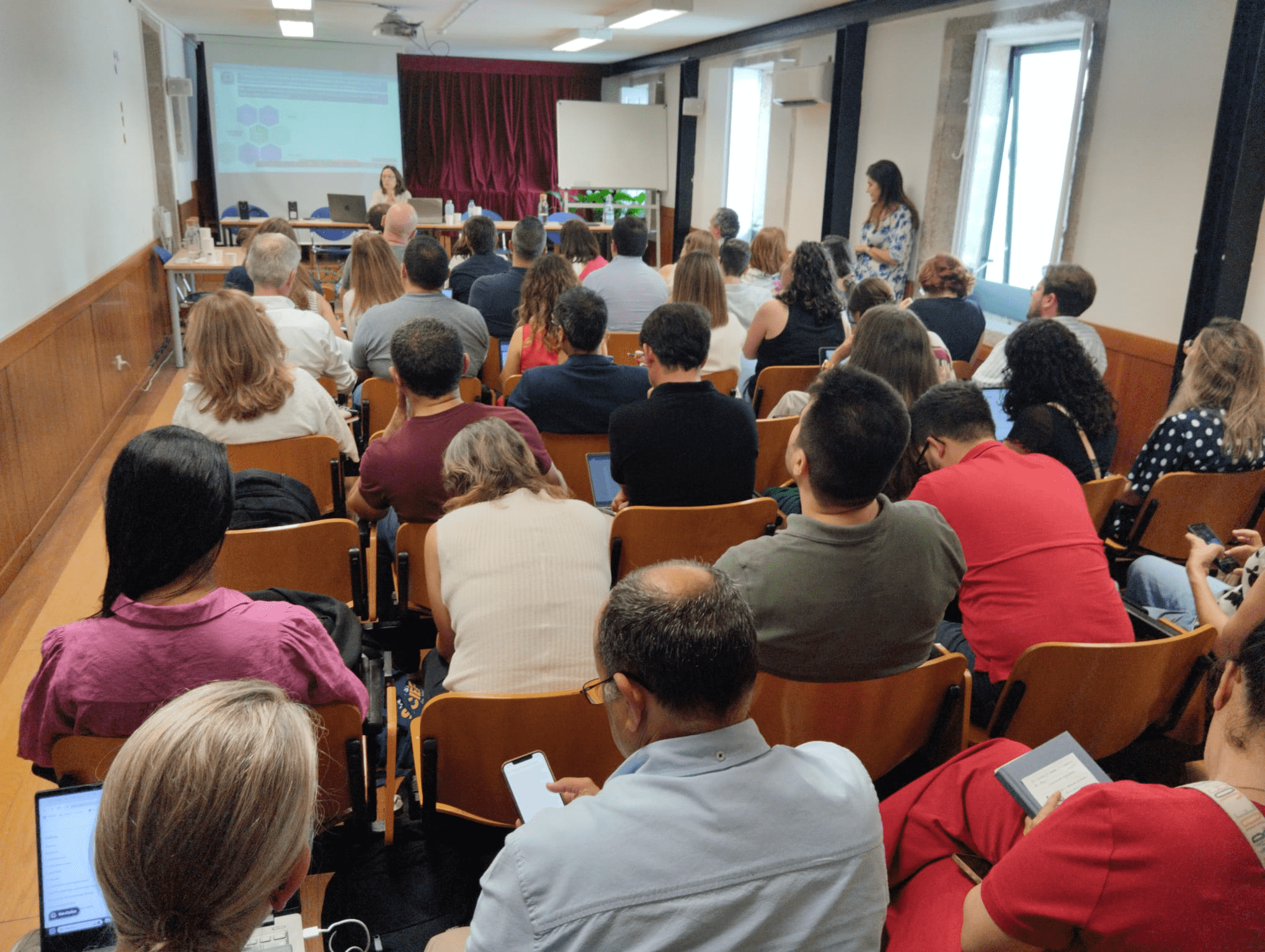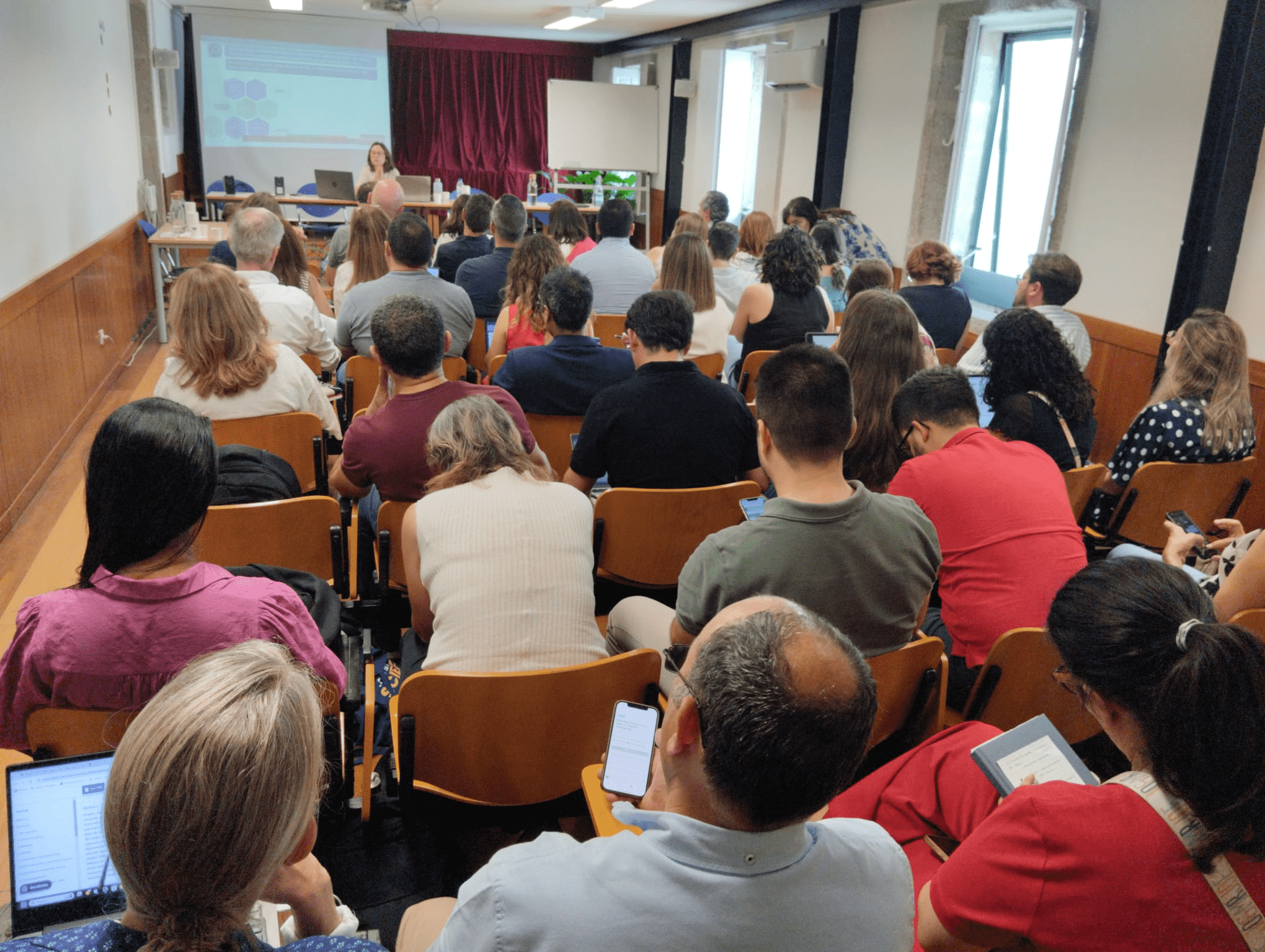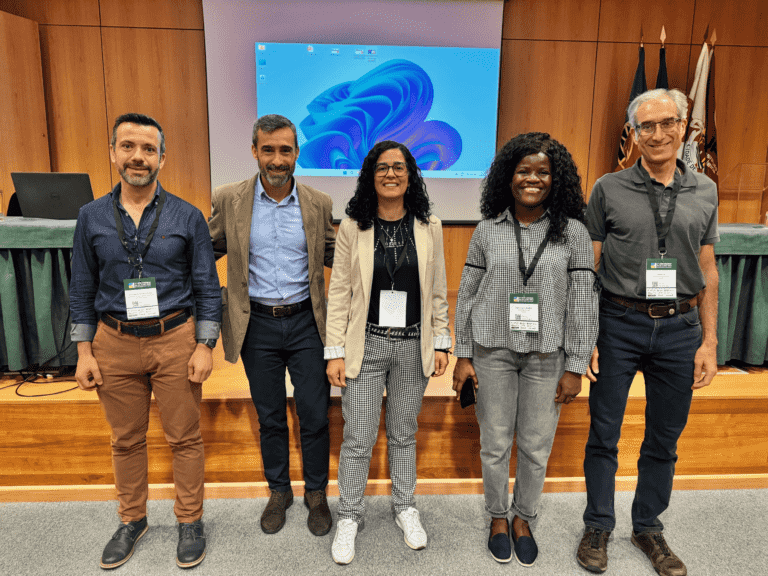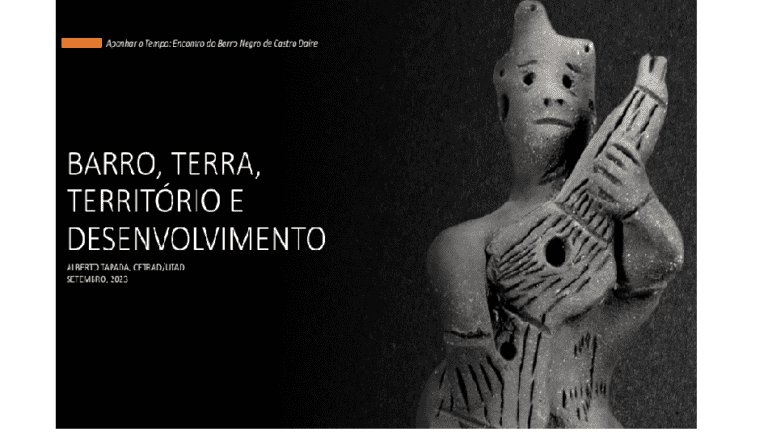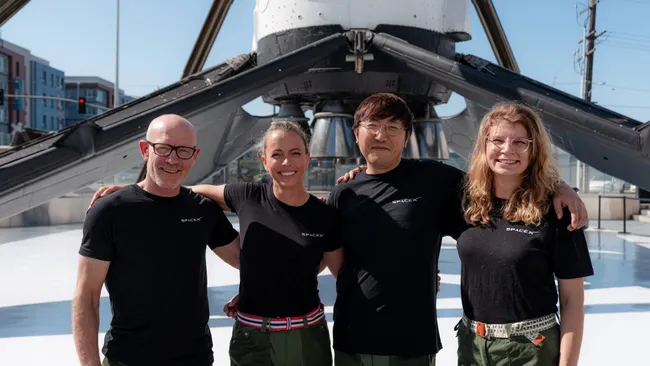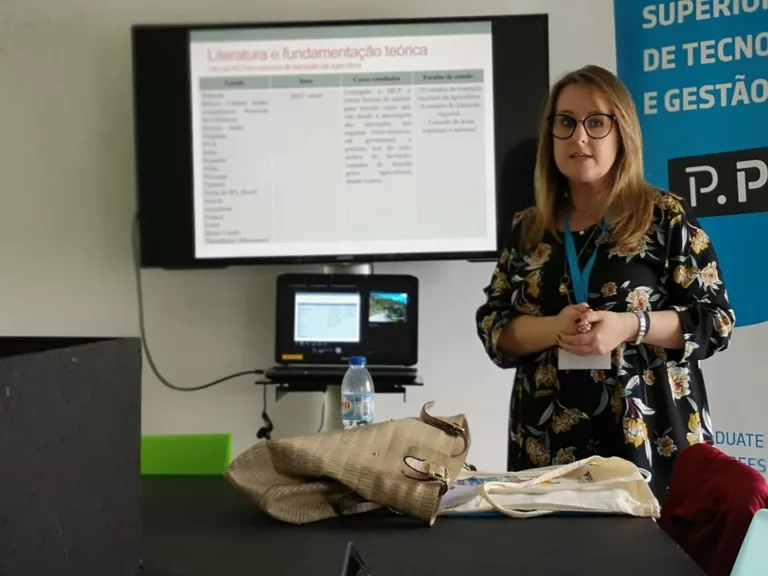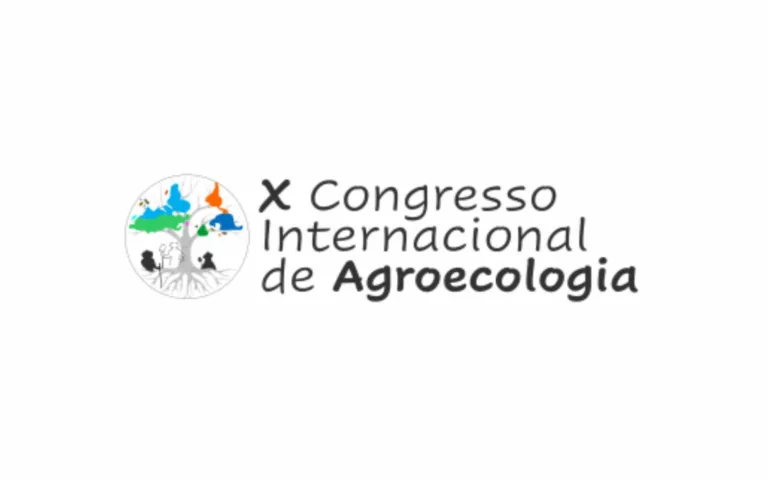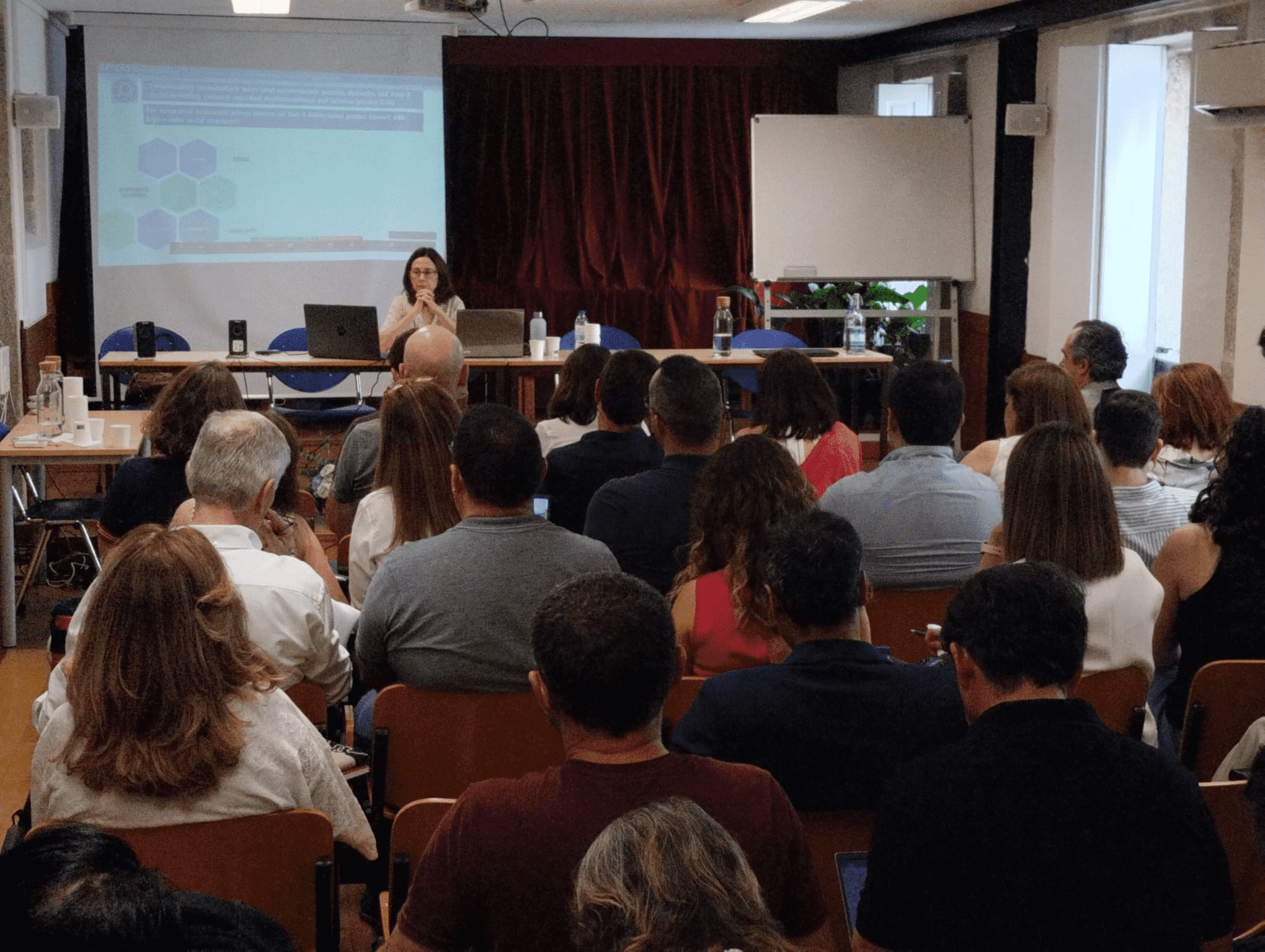
We are thrilled to share the first meeting of Intrepid Lab, a pioneering research center with the mission of producing ethical and rigorous scientific knowledge, in close alignment with the Sustainable Development Goals and the principles of Open Science. This center seeks to boost economic and management sciences, contributing significantly to the advancement of society. The Intrepid Lab is established by Cofac, C.R.L., which recognizes the importance of research aligned with the needs of contemporary society. The center brings together researchers from the following academic institutions: Universidade Lusófona – Centro Universitário Porto, Universidade Lusófona – Centro Universitário Lisboa, ISMAT – Instituto Superior Manuel Teixeira Gomes, Ipluso – Instituto Politécnico da Lusofonia, and simultaneously, it is a hub of CETRAD – Centro de Estudos Transdisciplinares para o Desenvolvimento from Universidade de Trás-os-Montes e Alto Douro. During our first meeting, it was possible to outline strategies for promoting research, aligned with sustainable development goals and where our commitment to the principles of Open Science was reiterated. Together, we pursue excellence in knowledge production, committing ourselves to addressing complex and relevant challenges for society. Intrepid Lab’s mission is also to be much more than a research center; it is a catalyst for change, a source of innovation and solutions for the world we face. We thank all participants for contributing to this first meeting, and we look forward to the fruits of joint work that will shape the future of economic sciences, management, and society in general.


